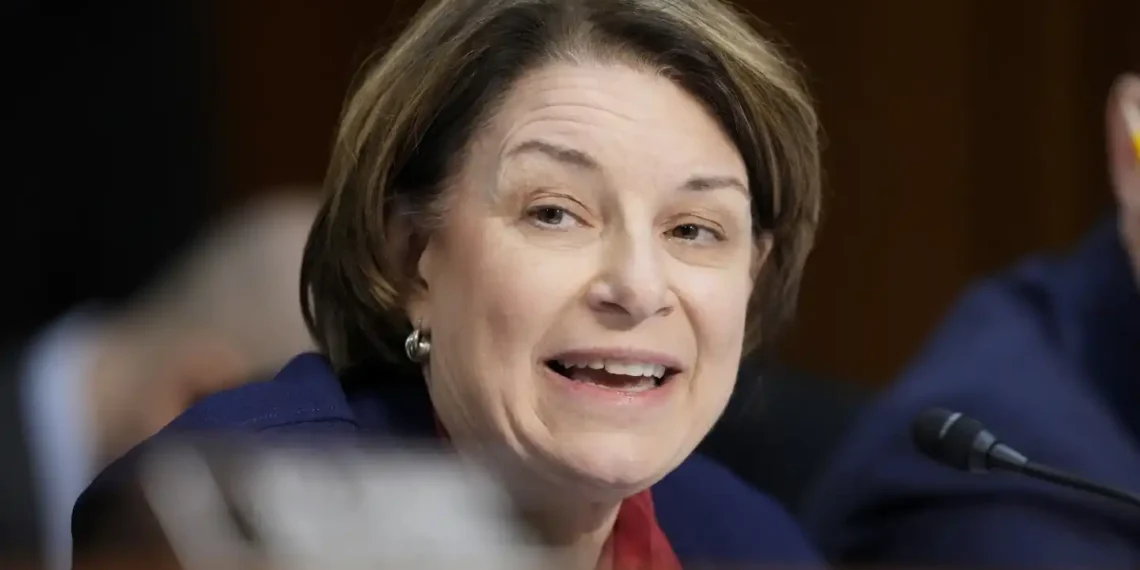President Trump Signs Take It Down Act to Combat Non-Consensual Deepfakes and Revenge Porn
On Monday, President Donald Trump signed into law the Take It Down Act, a bipartisan bill aimed at cracking down on the distribution of non-consensual intimate images—often called revenge porn—as well as AI-generated deepfakes. The new law imposes stricter penalties and forces online platforms to act quickly to remove harmful content.
What Is the Take It Down Act?
The Take It Down Act makes it illegal to knowingly share or threaten to share intimate images without consent, including those created by artificial intelligence. Under the law, websites and social media companies must remove such content within 48 hours of receiving a request from the victim. They are also required to delete duplicates to prevent the images from resurfacing.
While many states have laws banning revenge porn or explicit AI-generated images, this new federal law represents one of the first major moves to hold internet platforms accountable on a national level.
Strong Bipartisan Support and Melania Trump’s Advocacy
The legislation was introduced by Republican Senator Ted Cruz of Texas and Democrat Senator Amy Klobuchar of Minnesota. It quickly gained traction, with First Lady Melania Trump stepping forward to support the bill. She described the spread of non-consensual intimate images as “heartbreaking,” especially for young girls who become victims.
Senator Cruz cited a personal inspiration for the bill: a teenage girl named Elliston Berry, who struggled for nearly a year to get Snapchat to remove an AI-generated deepfake of herself. This story highlighted the urgent need for stronger protections.
Tech Industry Reaction
Major tech companies, including Meta (which owns Facebook and Instagram), have expressed support. Meta’s spokesperson Andy Stone emphasized the devastation caused by sharing intimate images without consent, whether real or AI-generated, and applauded efforts to combat it.
A tech policy think tank, the Information Technology and Innovation Foundation, called the bill an “important step forward” that gives victims new avenues to seek justice.
What the Law Means for Victims and Law Enforcement
Senator Klobuchar called the bill a “major victory” for victims of online abuse, offering legal tools to remove harmful content and hold offenders accountable. She also highlighted the law as a critical move toward regulating social media and AI technologies responsibly.
Senator Cruz added that the bill sends a clear message to predators who exploit new technologies to spread harmful material, and that Big Tech companies can no longer ignore the problem.
Concerns Over Censorship and Free Speech
Despite widespread support, some digital rights groups and free speech advocates warn the law could go too far. The Electronic Frontier Foundation (EFF) argues the bill’s language is too broad and risks censoring legitimate content, including legal pornography, LGBTQ+ material, and political speech.
EFF points out that automated filters, which platforms might use to comply with the 48-hour takedown deadline, often mistakenly flag legal content, such as news reporting or fair use commentary. They fear smaller companies might over-censor simply to avoid legal trouble.
The bill’s requirement that platforms monitor even encrypted content raises additional privacy and free speech concerns.
The Cyber Civil Rights Initiative, a nonprofit supporting victims of online abuse, also expressed “serious reservations,” calling parts of the law vague and potentially unconstitutional. They worry it could force removal of legitimate content, like journalist photos of protests or law enforcement images meant to catch criminals.
In Summary
The Take It Down Act represents a significant step in protecting people from the spread of non-consensual intimate images and deepfakes, backed by bipartisan lawmakers and supported by many in the tech world. However, concerns about free speech, censorship, and enforcement challenges remain at the forefront of the debate as the law begins to take effect.
This article was rewritten by JournosNews.com based on verified reporting from trusted sources. The content has been independently reviewed, fact-checked, and edited for accuracy, neutrality, tone, and global readability in accordance with Google News and AdSense standards.
All opinions, quotes, or statements from contributors, experts, or sourced organizations do not necessarily reflect the views of JournosNews.com. JournosNews.com maintains full editorial independence from any external funders, sponsors, or organizations.
Stay informed with JournosNews.com — your trusted source for verified global reporting and in-depth analysis. Follow us on Google News, BlueSky, and X for real-time updates.














